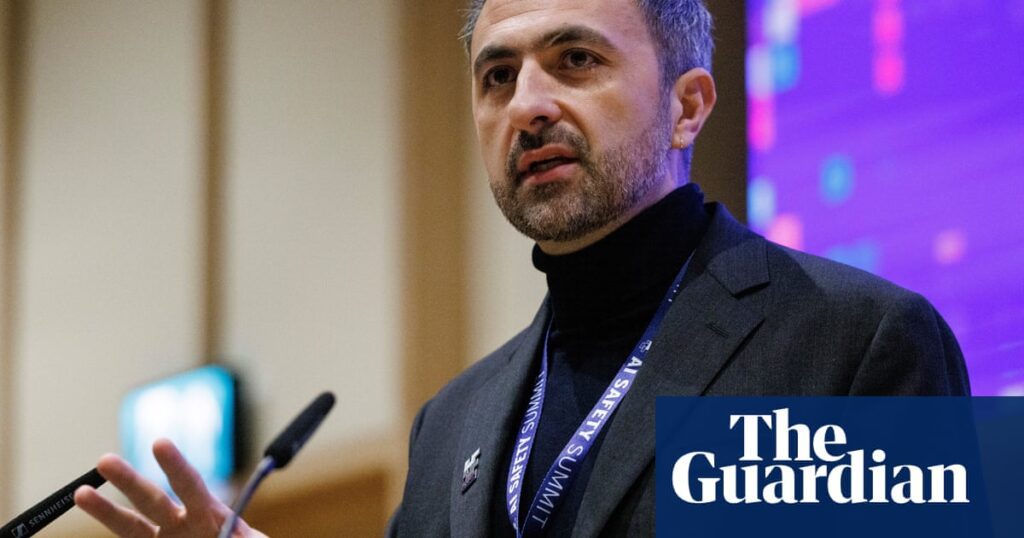Microsoft has unveiled advancements in artificial intelligence systems that reportedly surpass human doctors in diagnosing complex health cases, referring to this development as a “path to medical closeness.” Led by Mustafa Suleyman, the AI unit has created a system that simulates a panel of specialists, effectively addressing “diagnostically complex” cases. When integrated with OpenAI’s advanced O3 model, Microsoft claims the AI solved over 80% of selected diagnostic challenges; in contrast, human physicians without supplemental resources achieved only a 20% accuracy rate.
The AI system is also touted as a cost-effective alternative, streamlining the process of ordering tests compared to human doctors. However, Microsoft emphasized that AI is intended to complement, not replace, human physicians, who fulfill broader roles that include building patient trust and navigating ambiguity—areas where AI cannot yet excel.
The study aims to explore AI’s performance on the US medical licensing exams, questioning whether it accurately reflects the model’s abilities. Microsoft’s approach involves developing AI that mimics clinicians’ processes, taking incremental steps to reach diagnoses through interactive case challenges derived from the New England Journal of Medicine.
Combining existing AI models, Microsoft has created diagnostic orchestrators to replicate a panel of doctors. This multi-disciplinary approach could potentially reshape healthcare by allowing AI to manage routine patient care and provide sophisticated decision support. However, Microsoft acknowledges that the technology is still in the testing phase and not ready for clinical application, as further evaluations are needed to ascertain its effectiveness in common symptoms.
Source link


